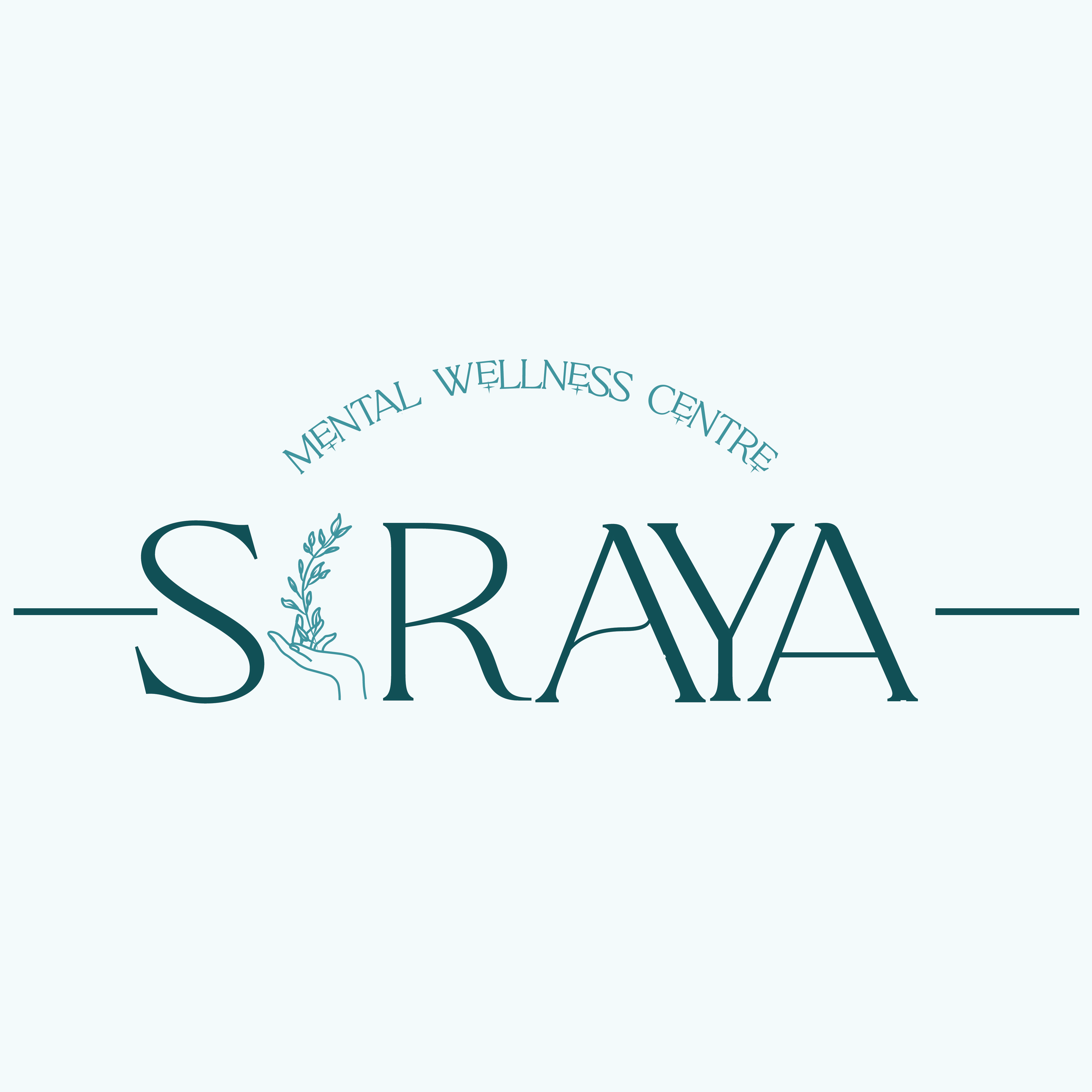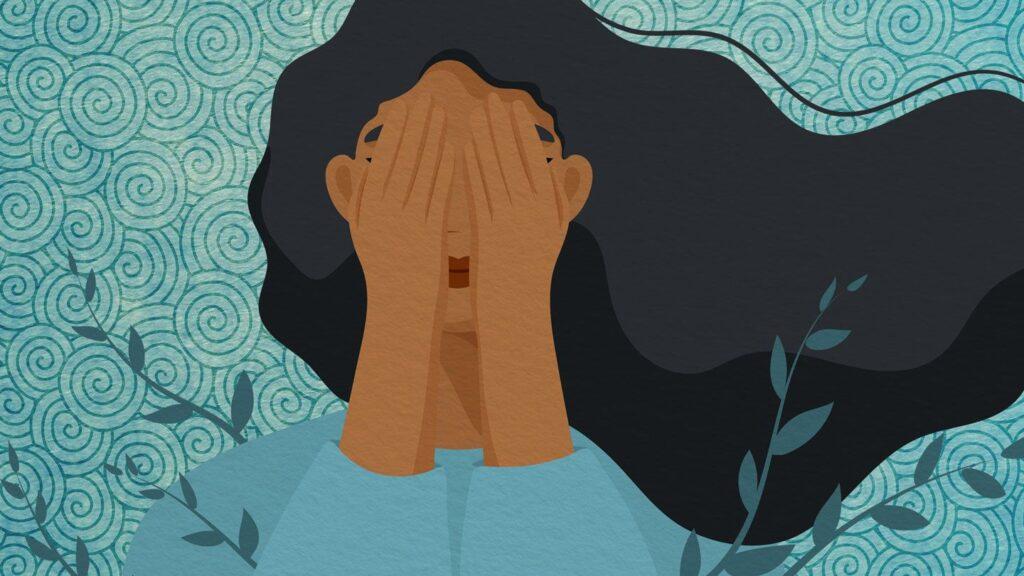Depression is the most common mental health issue that is persistent worldwide. Depression has taken the front seat in the last 5 years as the pressure on everybody has increased.
What is depression?
Depression is a complex mental illness that causes a person to have low mood and persistent sadness or hopelessness. Feeling sad or anxious is a part of life. According to the Diagnostic Manual (a manual that is referred by all the mental health professionals worldwide), an individual is diagnosed with depression only when he/she experiences the following symptoms for 2 weeks or more:
- Feeling fatigue
- Feelings of helplessness and hopelessness
- Trouble concentrating on things
- Finding no pleasure in activities that were once pleasurable
- Intrusive thoughts/ suicidal ideations
Effects of Depression on the Body
Feeling anxious and low in some situations is completely normal as a little eustress (positive stress) is needed in-order to excel in life. However, when the said low mood, anxiety, fatigue etc. turns into an everyday affair, it is a sign that you might be undergoing depression.
When a person is undergoing depression, he not only has difficulty with negative thoughts but also experiences various changes physically that can be a sign that he is not emotionally well.
Depression causes a lot of smaller changes in the body that might be easy to ignore at first. Adults can pass it off as a sign of growing ‘older’. Some of these signs are as follows:
- Forgetfulness
- Lowered reaction time
- Fatigue/irritability
- Increased Anger
- Difficulty in decision making
- Reckless behaviors’
Physical Symptoms of Depression
Many of us ignore the physical symptoms of depression as they might be mild or they may be negligible. These are very important signs that need to be looked at as they do play an important role in understanding the mental health of an individual. Some of these physical signs include:
Weight Gain/ Loss:
People who are under depression may experience appetite changes (increased or decreased), which in-turn can cause unintended weight gain or weight loss. Such drastic weight gain/loss can cause various immunity issues and other health issues such as diabetes and cardiovascular diseases. It can also cause fatigue and various physical symptoms such as dizziness, lowered motivation etc.
Fatigue and Pain:
As stated above, depression can lower your motivation to do things that you found exciting in the past. Hence, a person will choose to make unhealthy lifestyle choices as he/she doesn’t have the motivation to pursue the things they once loved. This can lead to chronic pain in various body parts as they choose an unhealthy diet and an inactive lifestyle. This is also because of the frequent low moods that they face.
Sleeping Troubles:
One of the many symptoms that people with depression face is insomnia/ hypersomnia. Insomnia can be defined as inability to sleep at night, whereas hypersomnia can be characterized as excessive sleepiness during the day. This can leave the person feeling lethargic and tired both physically and mentally.
Gastrointestinal Issues:
Many researchers have found a connection between gastrointestinal issues and depression; the reason for this being, depression causes some imbalance in the hormones in our body and suppresses the activities of pituitary and adrenal glands. This leads to gastrointestinal issues.
Heart Diseases:
We know that depression causes frequent loss of motivation and low mood that causes a person to lead an unhealthy and sedentary lifestyle. This increases the risk of cardiovascular diseases and other heart related issues. According to a research conducted in 2016, 1 in 5 people who have severe heart diseases suffer from depression.
Treatment
Depression is treatable. Understanding that depression can cause both physical as well as mental health issues is very important. Seeking the right treatment and making lifestyle changes will help a person manage their symptoms better. There are various types of treatment plans that can help a person reduce their symptoms.
Counselling:
Seeking help from a certified therapist will help a person uplift their mood and reduce their mental symptoms such as negative thoughts, anxiety, low mood etc. The therapist is equipped with various therapeutic techniques which will be actively used in the sessions. The therapist will be able to help the person make the lifestyle changes that are needed to help them reduce the stress too.
Medication:
Seeking help from a doctor will be helpful as this will help the person regulate the hormonal disbalance and other physical issues that they are facing.
A combination of medication, therapy and lifestyle changes will help the person fight depression and manage the physical and mental health effects of depression.
Note from Siraya: Mental Wellness Centre-
You don’t have to deal and manage this alone. Siraya is with you on this journey. We have an array of certified therapists who are well equipped to help an individual deal with depression. Connect with us today!

